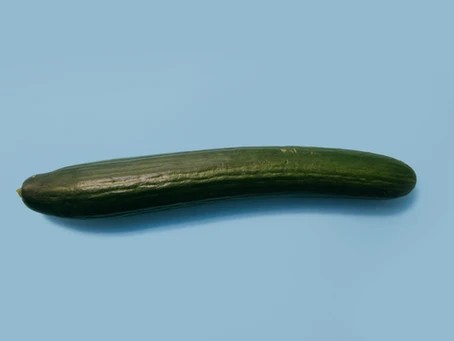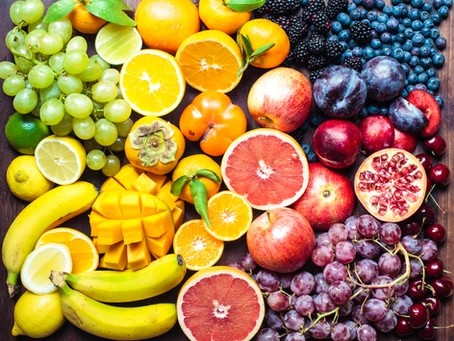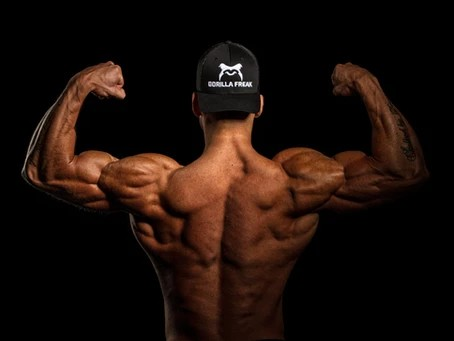Supplements That Claim to Improve Sexual Function or Testosterone – Do They Work?

Many people don’t trust big drug companies and they prefer the idea of using products that they see as “natural” or “herbal”. Keep in mind, as a general rule for all supplements: they are not regulated by the FDA which means they have a lot of leeway with respect to claims they can make. All they need on the label is a tiny sentence stating that their claims have not been reviewed by the FDA. Lack of regulation leads to a wide range of potency between products and manufacturers. Testing becomes very difficult.
With this said, there are a number of products on the market that purport to improve Sexual Function
1) Testosterone Prohormones such as Androstenodione, Androstenediol and Dehydroepiandrosterone (DHEA). These products have been heavily marketed as testerone-enhancing and muscle building nutritional supplements.
Many of these products have come under scrutiny by the FDA due to safety concerns. The Anabolic Steroid Control act of 2004 classified androstenedione and 17 other steroids as controlled substances.
Conclusion: Contrary to marketing claims, research to date indicates that the use of prohormone nutrititional supplements (DHEA and other steroid hormone supplements) do not produce either anabolic or ergogenic effects in men.
2) Korean Red Ginseng
Two double-blind placebo-controlled trials involving about 135 people found evidence that Korean Red Ginseng “may” improve erectile function when compared with placebo.
Conclusion: In final analysis, the results of 6 controlled trials were analyzed and compared by researchers. There are many doubts as to the conclusions since the studies were small and non-validated.
3) L-arginine
L-arginine is an amino acid with many functions in the body. One of the functions is the production of nitric oxide which helps relax blood vessels which is essential in the development of an erection. For this reason L-argenine has been looked at as a potential therapy for erectile dysfunction.
Conclusion: Numerous studies have shown little evidence that L-arginine helps with ED. The only individuals that it seems to work for are those with low levels of nitric oxide.
4) Yohimbe
Yohimbe is produced from the bark of a tree and has been used in Africa for centuries as an aphrodisiac. Yohimbe has been studied in combination with L-arginine to improve sexual function.
Conclusion: One small study did show that men with “moderate” erectile dysfunction saw some benefit.
5) Zinc
Zinc is a trace mineral that is second only to iron in the body. Zinc is involved in many physiological processes in the body and plays a role in normal childhood growth and sexual development. Severe Zinc deficiency is known to negetively affect sexual function.
Conclusion: Moderate zinc deficiency is reletively common. It’s logical to suppose that supplementation with zinc may be helpful for some men. Some small studies were promising.
6) Maca
The herb maca is advertised as an “Herbal Viagra”. There has been one human trial that was a small 12 week double-blind, placebo-placebo controlled study. Results did show some increase in desire but no data on quality of erections.
7) Tribulus Terrestris
Tribulus have been used as an aphrodisiac both in Indian and Chinese traditional medicine. One study in Bulgaria was conducted. No conclusive results were found.
8) Other Herbs
There are other herbs that have been promoted as improving sexual function in men but there have been no well designed or controlled studies that support any of the claims.
* Ashwagandha
* Avena Sativa (oat straw)
* Eleutherococcus (Siberian Ginseng)
* L-citrulline
* Macuna Pruriens
* Molybdenum
* Muira Puama or potency wood
* Pygeum
* Polypodium Vulgare
* Rhodiola Rosea
* Saw Palmetto
* Schisandra
* Suma
* Deer or Antelope Velvet Antler
When considering supplements it’s always best to be cautious. If the claims sound too good to be true they probably are. With respect to testosterone the best way to increase and monitor testosterone levels is with approved medications under a doctors supervision.




